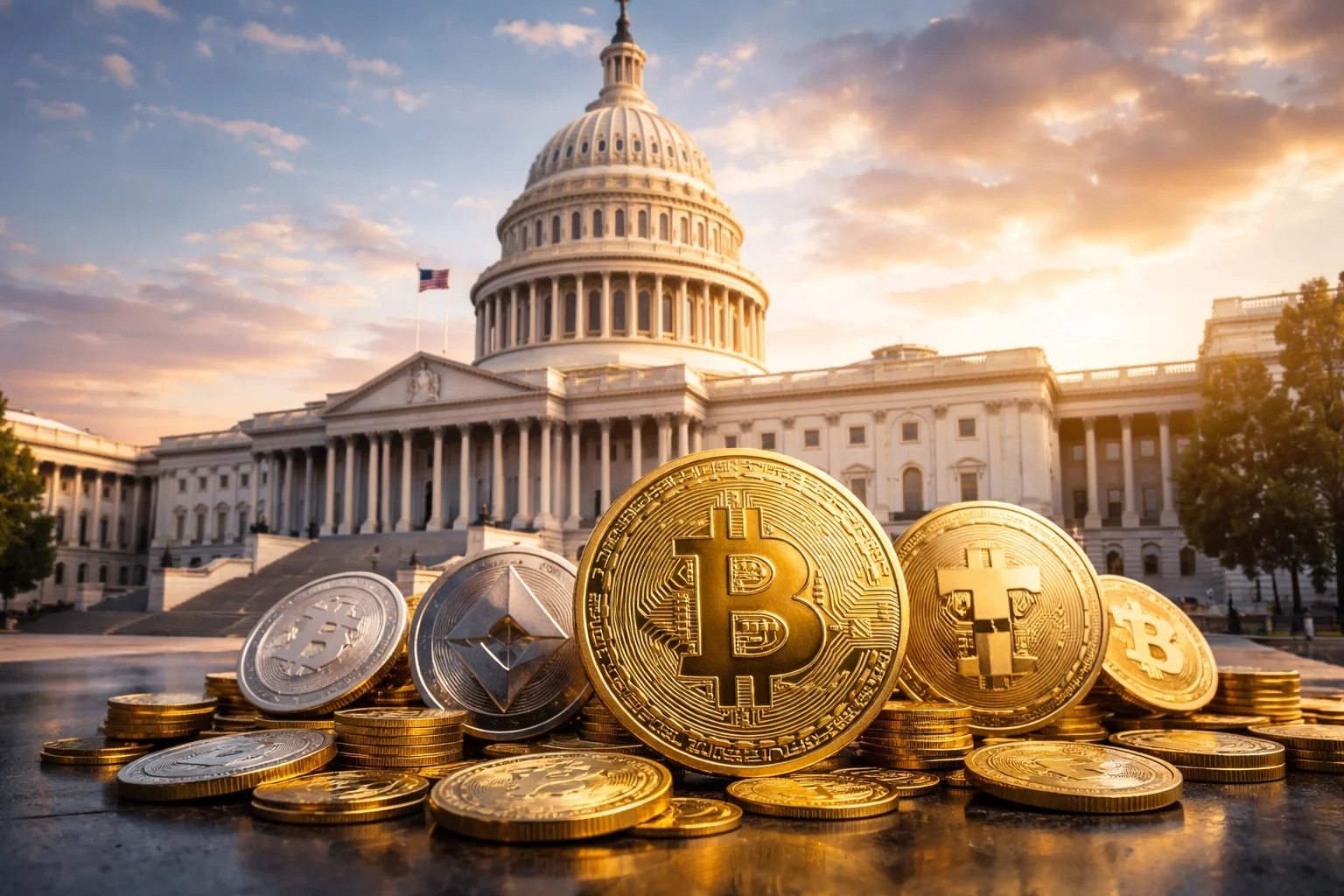Major change is imminent at the US Federal Reserve (Fed). The Donald Trump administration has selected five candidates for the new Fed Chair, replacing current Chairman Jerome Powell. Treasury Secretary Scott Bessent announced that the shortlist will be presented to Trump immediately after Thanksgiving, with the final decision to be announced before the end of the year. This development suggests that the central bank's direction could change significantly in 2026.
Who are among the Fed Chair candidates?
The list includes Christopher Waller, Michelle Bowman, Kevin Warsh, Kevin Hassett, and Rick Rieder. These names include both current Fed members and experienced economists from the private sector. Given Trump's criticism of Powell for being "slow on interest rate cuts," the new chair is expected to lean toward a pro-growth and more aggressive monetary policy.
Christopher Waller is one of the most notable names on the list. Appointed to the Fed Board by Trump in 2020, Waller has consistently advocated for swifter action on interest rate cuts. Waller, who describes Bitcoin as "electronic gold," believes stablecoins can increase competition in the financial system. He recently stated that crypto companies should be given direct access to the Fed's payment infrastructure. He believes digital assets are now an integral part of the financial system.
Michelle Bowman, the Fed's deputy chair for oversight, is known for her cautious yet open-minded approach to crypto. Bowman argued that regulators should not be "overly cautious" and that it would be beneficial for Fed employees to experience digital assets in small amounts. She emphasized the importance of firsthand experience, saying, "I wouldn't want to take lessons from someone who's never skied." The crypto community has responded quite favorably to this approach.
Former Fed governor and Bush-era advisor Kevin Warsh is a more cautious member of the list. Although Warsh invested in crypto startups like Bitwise years ago, he disagrees with the idea that Bitcoin can replace the dollar. In a 2018 article published in the Wall Street Journal, he stated, “Bitcoin’s volatility makes it less of a reliable means of payment.” Despite this, his interest in central bank digital currencies (CBDCs) could lead to conflicting views within the Trump administration.
Trump’s former economic advisor, Kevin Hassett, is notable for both his loyalty and his crypto investments. Hassett, a Coinbase shareholder, is expected to pursue a crypto-friendly policy. He was also in the news recently for his comments during the government shutdown debate.
The final name of the five, Rick Rieder, is a Wall Street heavyweight. Rieder, who served as head of global fixed-income securities at BlackRock, played an indirect role in the rise of Bitcoin ETFs. He has previously stated that he sees Bitcoin as a portfolio diversifier and a hedge against inflation. However, he remains distant from the idea that digital assets can “solve the world’s monetary problems.”
Trump’s choice to replace Powell could also determine the direction of the crypto markets. According to experts, a dovish (low-interest) candidate like Waller or Hassett could boost Bitcoin and altcoin prices by increasing liquidity. Conversely, a candidate focused on preserving market balance, like Rieder, could create a more cautious atmosphere.




